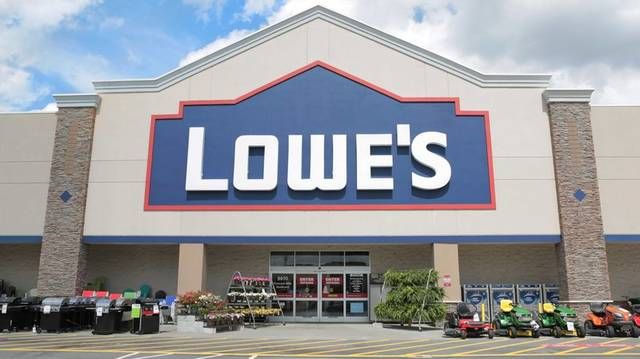Click here to subscribe today or Login.
Several employers in the area such as Lowe’s Home Improvement, Tobyhanna Army Depot and Sheetz have publicly disclosed one of their employees tested positive for COVID-19.
Others have not and they are not obliged to do so publicly.
Attorney Frank Brier, of the Meyers, Brier & Kelly law firm in Scranton and former counsel for Geisinger Health System, said the coronavirus pandemic is a balancing test in upholding the Health Insurance Portability and Accountability Act, known as HIPAA, and protecting employees with providing information of an infected co-worker whose personal health information is protected under the act.
Brier said the federal Department of Health and Human Services and the Centers for Disease Control and Prevention has specific guidance about disclosing information.
“HHS and the CDC has guidelines. Simply, there is no waiver of the rules to release the personal health information under these circumstances,” Brier said.
So if you’re wondering if a coughing and sneezing co-worker in close proximity is infected, employers and employees don’t have the right to know.
But, Brier said with the current state of emergency, employers have the right to screen employees before they enter their place of work, such as taking one’s temperature and asking limited health questions such as having a fever or body aches, several symptoms of COVID-19.
“Under the national emergency and the governor’s declaration of a state of emergency we’re currently in, employers do have the right to screen employees and they are allowed to send them home if they show COVID-19 symptoms,” Brier said.
Many hospitals and health care facilities in the area began screening their employees before they enter at the start of work by taking temperatures and asking basic questions if they experienced any COVID-19 related symptoms.
Personal health information can be shared by a HIPAA covered entity, such as hospitals or large employers equipped with a health care clinic on site, Brier said.
Information of an employee or patient being treated at a covered entity who tested positive for COVID-19 is then provided to the Centers for Disease Control and Prevention.
Brier noted the U.S. Equal Employment Opportunity Commission on March 21 released a bulletin called, “Pandemic Preparedness in the Workplace and the Americans with Disability Act,” a guidance for employers in how to respond when an employee has tested positive.
A similar bulletin, “Guidance on Preparing Workplaces for COVID-19,” was issued last month by the Centers for Disease Control and Prevention.
Both bulletins strongly remind employers they have a right to protect the personal health information of an employee. If an employee has tested positive, employers are urged to isolate the infected worker from other employees.
For small employers, Brier said it “gets a little funky” in how to protect an employee’s personal health information.
“What they have to do, they have to be judicious even if an employee suspects a co-worker has COVID-19 and you get confronted with a question that seeks you to directly identify that infected person. Managers need to be prepared to respond without giving any identifying information,” Brier said.
With that said, Brier said the employer will need to inform employees to get tested for COVID-19 without explaining why.
If an employee has worked while ill and later tested positive for COVID-19, Brier said the employer can be held liable if other employees become infected.
Brier was quick to say in this scenario, however, it comes down to when the employer became aware an employee was tested positive for COVID-19.
“Best thing to do, get the employee to go home,” he said.








